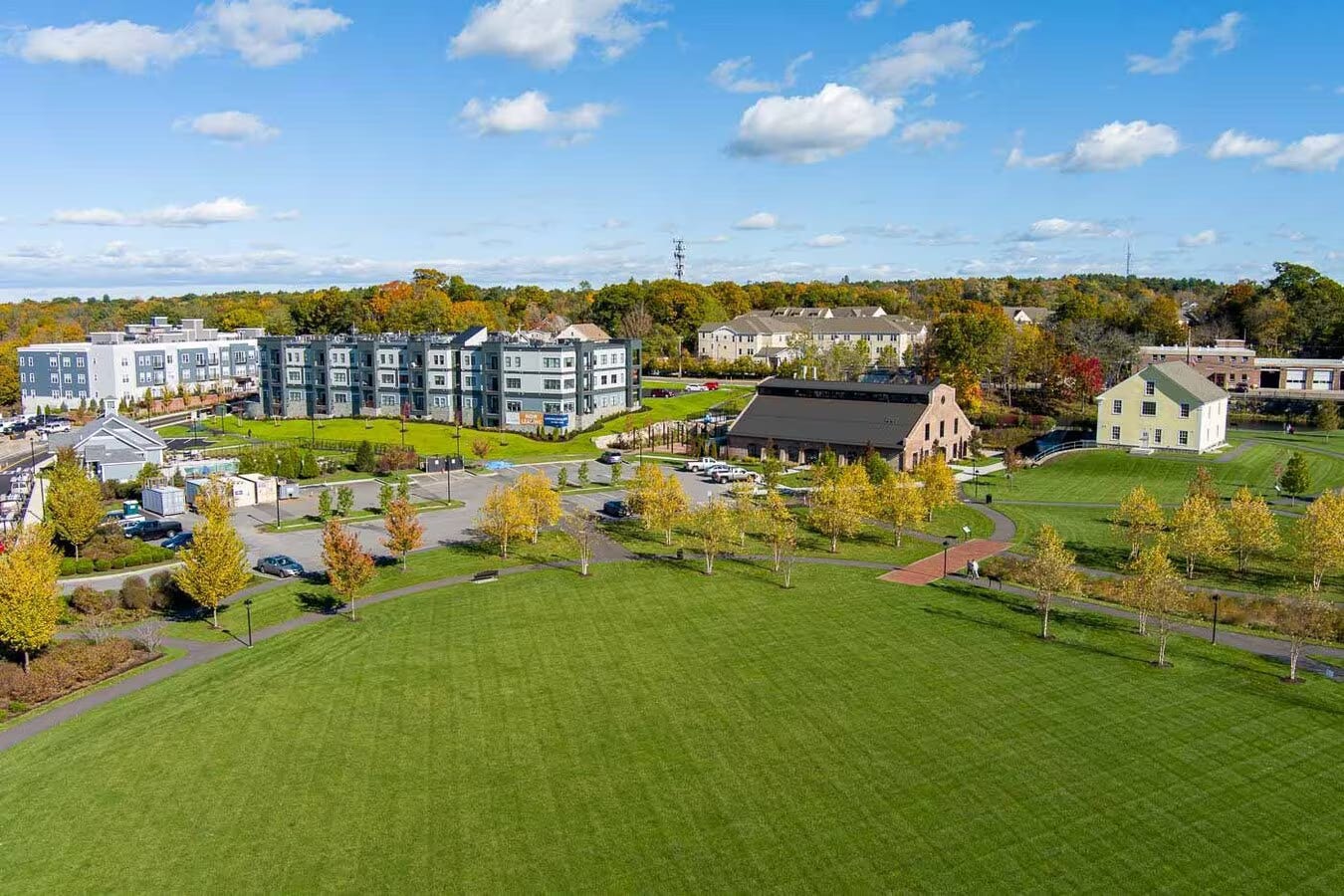Contrarian Boston/10.01.2023
This edition of Contrarian Boston is sponsored by Zakim Strategies, innovative public policy advocates and advisors with a record of success across the Commonwealth.
Suburbs stick it to families with children | What serious journalism should look like | Back stabbing at state pot commission | MCAS no major barrier to graduation |
News tips? Story ideas? Email us at sbvanvoorhis@hotmail.com
Money well spent? After more than a year of working with a mediator, the state’s pot regulator is more dysfunctional than ever
The Cannabis Control Commission is kind of place where key players brandish “baseless” allegations to oust rivals, with “entrenched bureaucracy and infighting,” the order of the day.
Such is the sorry condition of the state marijuana commission, contends a lawsuit filed last week by former state treasurer Shannon O’Brien, who is challenging her one-year suspension as chair of the CCC.
The one-time Democratic nominee for governor and former CEO of the Boston-area Girl Scouts contends she has been hit with “false and defamatory” allegations designed to end her key role overseeing the cannabis agency.
All of which raises questions of about whether the agency’s 18-month-old “mediation” program is actually doing anything to improve matters, or is just a monumental waste of time and money.
The commission has spent nearly $160,000 since 2022 on an outside mediation firm to work with commissioners and staff, according to records reviewed by Contrarian Boston.
To date, the mediation effort has involved as many as 15 closed-door meetings and dozens of hours of private discussions involving the five members of the commission and key staff, according to the commission.
While the stated aim is to find “common ground” and obtain “buy-in from all parties” to create an “effective governance structure,” it is certainly not a stretch to suspect the troubled pot regulator may also be using the secretive sessions to hide its dirty laundry.
All of which has raised the ire of lawmakers on Beacon Hill, who are taking aim at the commission for seeking a 23 percent boost to its budget while conferring extensively out of view of the public and taxpayers.
“The CCC cannot continue to discuss its problems behind closed doors while simultaneously requesting a substantial increase in public funding,” wrote Sens. Michael Moore and Michael Brady, both Democrats, and Bruce Tarr, a Republican, in a letter to the commission.
The infighting at the commission is also proving expensive in other ways as well.
The agency has spent tens of thousands on its outside counsel, employment law firm Morgan, Brown & Joy. And while it’s not clear how much of that that bill involves dealing with various HR messes inside the firm, we’d guess it’s significant.
Shannon O’Brien: The state Democratic Party stalwart was recently suspended for a year as chair of the Cannabis Control Commission.
Then there is the report the commission ordered up on O’Brien that appears to have resulted in her suspension by State Treasurer Deborah Goldberg, who appointed her as CCC chair a year ago. (In a twist, while O’Brien’s lawsuit extensively details the dysfunction at the CCC, the state treasurer is the official target of her lawsuit.)
That report clearly didn’t come cheap, with the commission’s outside counsel hiring a separate investigative firm to dig into the complaints against O’Brien.
But in response to questions by Contrarian Boston, a spokesperson for the agency was unable to say which outside investigative firm was hired to probe the allegations against O’Brien or how much money spent on the report.
Meanwhile, turmoil at the cannabis commission comes amid growing concerns about the future of the industry in Massachusetts.
Cannabis companies and budding pot entrepreneurs complain they are weighed down by overregulation and high fees, even as they struggle to compete against much cheaper marijuana grown on the illegal market.
At this point, everyone deserves better than this from the CCC, from mom and pop entrepreneurs trying to get a foothold in the cannabis business to taxpayers and consumers.
We’d ask what the good commissioners and staff at the CCC have been smoking, but it’s pretty clear now that they have been getting high on their own supply.
Gray washing: The suburbs and their now decades-old practice of boxing out families with children through over-55 developments
Concerned why we can’t build enough housing in Massachusetts for families with children?
Well then it’s worth your while to check out this Globe editorial, which describes efforts by suburbs and towns to reserve subsidized apartment buildings for low income seniors, effectively barring young families.
However, the paper’s editorial gives only a passing mention to a much bigger part of this problem, one that effects not just the poor, but also a wide array of working and middle class families.
In order to keep renters with school age children out, suburbs and towns across the Boston area have been encouraging the construction of over-55 apartment and condo buildings and communities.
Millside, an over-55 apartment complex in Canton that opened in 2021
These new developments often feature mostly market rate units with some affordable rentals and condos mixed in.
Yours truly took a look at the trend a decade ago in this piece for the New England Center for Investigative Reporting.
My editors at the time were particularly skeptical that the issue was as big a problem as my story painted it out to be.
Now it’s ten times worse. Local housing and zoning guru Amy Dain tells the Globe that half of 100 Boston-area communities she surveyed in 2019 had some form of zoning for age-restricted housing.
Go figure.
############################################################################
You are reading the free edition of Contrarian Boston. Here are some of the stories a paid subscription would unlock:





